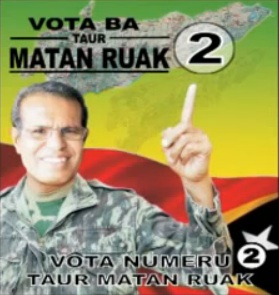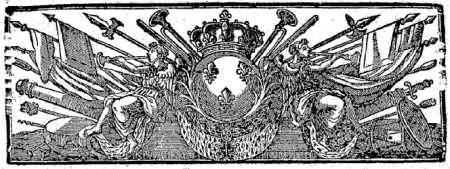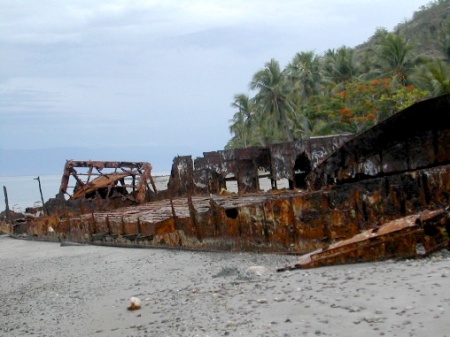Ten years ago at this time, I was going to the expanse outside Dili called Tasi Tolu, to see East Timor’s flag raised publicly for the first time on the territory since 1975.
May 21, 2002, the next day, I wrote
I just wanted to share this moment of joy. Today I woke up in an Independent East Timor. Four years ago, East Timor’s plight represented for me the plainest example of the callousness, cynicism and injustice of the media, of politicians, of the mystical “international community”… it was a source of a sort of bitter personal awakening for me at age 18.
Now I can say, that while living in East Timor for 9 months has only deepened for me the complexity of the words “justice” and “independence,” I can see today as the truly emotional and unforgettable day that it is. […]
And no matter how bogged down any independent country becomes in irritating and mundane politics, I can verify that this moment of Independence: to believe and know in your heart that you are no longer subject to an aggressive foreign occupier, is too profound to describe.













You must be logged in to post a comment.